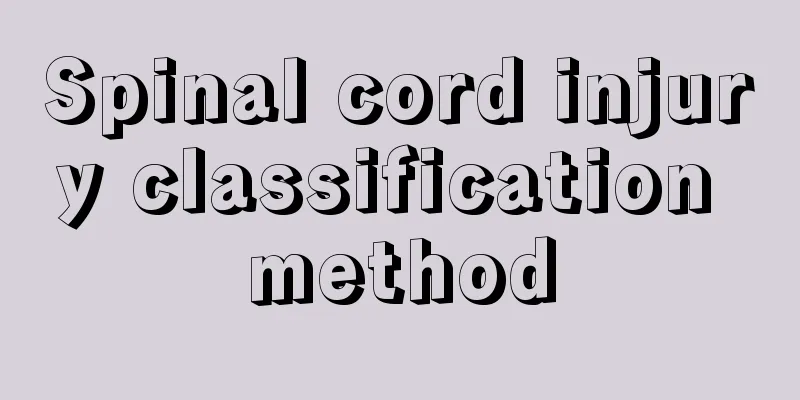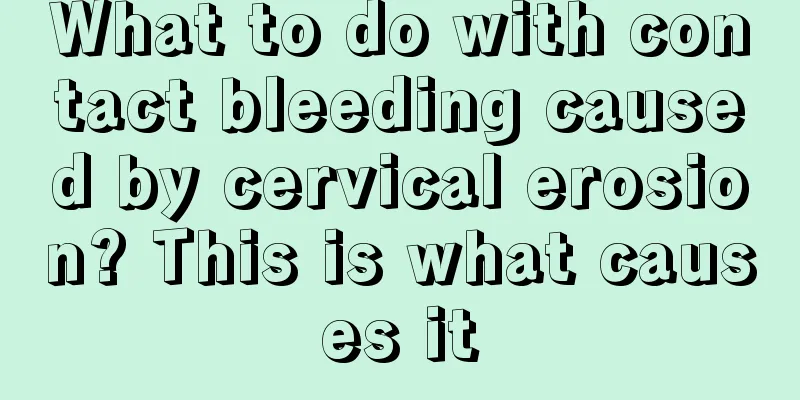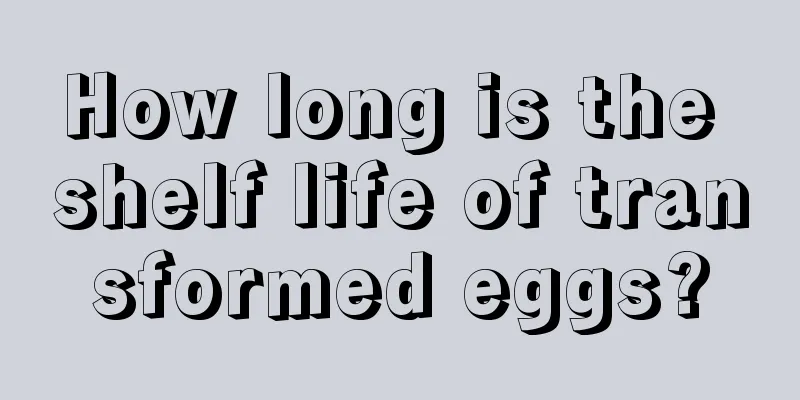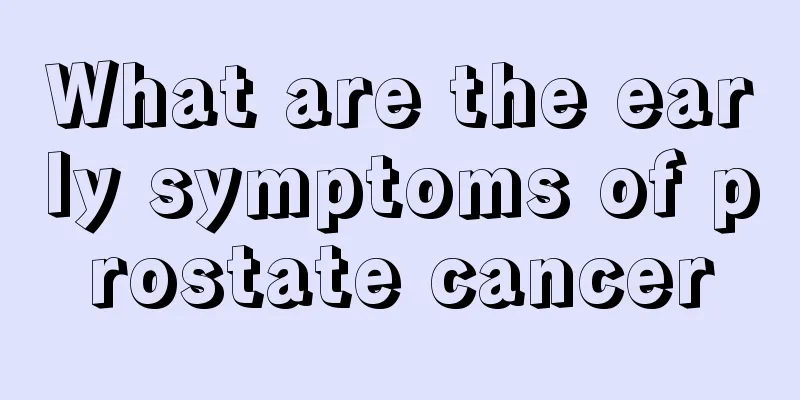Is testicular cancer serious?
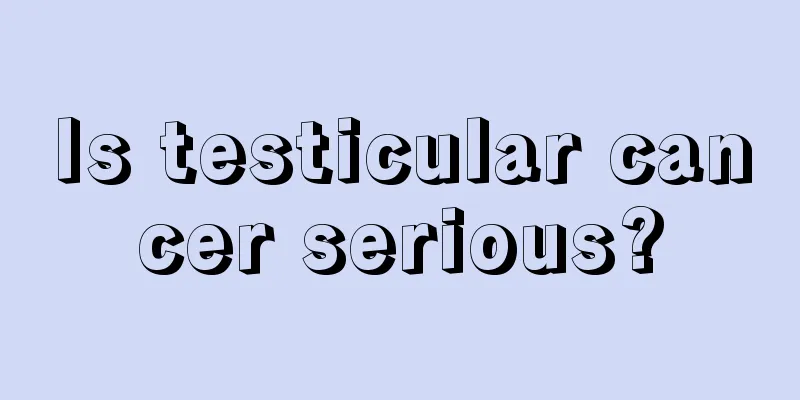
|
Is testicular cancer serious? When patients hear the word "cancer", they will be scared to death. With the continuous development of medicine, many diseases have been gradually conquered. Testicular cancer is one of the common tumors in urology and is extremely harmful to patients. So, is testicular cancer serious? Testicular cancer is almost always malignant, and there are three peaks in the age of onset: yolk sac tumors (infantile embryonal tumors) are the most common in infancy; various types of testicular tumors can be seen between the ages of 20 and 40, but seminomas are still the most common; and seminomas are the main tumors after the age of 70. The cause of the disease is still unclear, and it is currently believed that its onset is related to both genetic and acquired factors. Among them, cryptorchidism is the most closely related. The chance of cryptorchidism developing tumors is 10 to 14 times greater than that of normal people. Intra-abdominal cryptorchidism is more likely than inguinal cryptorchidism. While orchiopexy does not reduce the incidence of malignant changes, it can make tumors easier to detect. The most common symptom of testicular cancer is the gradual, painless enlargement of the testicles, with a feeling of heaviness. About 10% of patients experience pain due to intratesticular bleeding or infarction, and 10% of patients may experience metastatic symptoms, such as retroperitoneal lymph node metastasis and back pain due to compression of nerve roots. Lung metastasis may cause coughing and dyspnea, and bone metastasis may cause bone pain. The treatment of testicular cancer is divided into surgical treatment, radiotherapy, chemotherapy and comprehensive treatment. The basic surgical method is orchiectomy and retroperitoneal lymph node dissection. Radiotherapy is extremely sensitive to seminoma, embryonal carcinoma and malignant teratoma are less sensitive to radiation, and choriocarcinoma is extremely insensitive to radiation. Testicular cancer responds well to chemotherapy. It is generally believed that chemotherapy is more effective in treating seminoma. It is also effective for embryonal carcinoma and choriocarcinoma, especially when several drugs are used in combination. The effect is better. It is less effective for teratoma. Chemotherapy also has a certain effect on advanced or recurrent cases. |
<<: What are the harmful manifestations of testicular cancer
>>: Do you know the common knowledge about testicular cancer?
Recommend
Can skin cancer be inherited?
With the improvement of people's living stand...
There is a sense of anal pressure when sitting
In the anorectal department of the hospital, some...
How to use alkali to clear the sewer
Each of us should have a sewer in our home. This ...
The correct way to apply tea leaves to eyes, what can tea leaves do?
Tea can be said to be a very useful thing. Not on...
There is a bone bump on the heel
It is said that only the feet know whether the sh...
What to do if wooden furniture has termites
Wooden furniture looks original, and it can be ca...
Does normal underarm sweat have an odor?
Many people sweat easily under their armpits. Thi...
Pay attention to half-year follow-up after bladder cancer surgery. What is the prognosis of advanced bladder cancer?
With the ever-increasing pace of life and the inc...
How to fix a face that is red from the wind
After entering the autumn and winter seasons, wha...
Pain in left leg groin
The groin refers to the area where the human thig...
Will fever increase transaminase?
Elevated transaminase is like a catalyst and a ba...
What are the symptoms of ovarian cancer metastasis to the peritoneum?
What are the symptoms of ovarian cancer metastasi...
What is malignant melanoma
Malignant melanoma is a malignant tumor with a hi...
Is it good to get pregnant if you have gallbladder cancer?
Pregnant women often develop gallbladder cancer i...
What are the correct steps for applying skin care products?
There are actually some requirements for applying...



